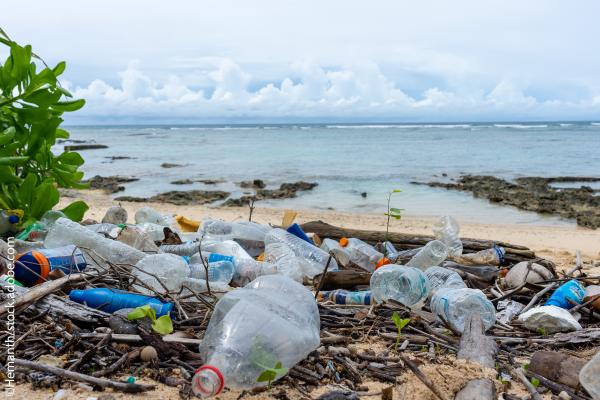Filter by
News (631)
RSS
Discover how an invasive species of fish can become delicious food in the Baltic Sea region.

The second edition of the European Maritime Transport Environmental Report has been released, providing a comprehensive overview of the environmental impact of Europe's maritime sector within the EU, as well as an assessment of practices to make it more sustainable.

The rules are essential to ensure that water-based ecosystems are defended against the negative impacts of human activity.

The newly-published EU Coastline Macro Litter Trend report found that the amount of marine macro litter (items bigger than 2.5 cm) in the EU coastline has dropped by 29 % between the baseline period (2015-2016) and the assessment period (2020-2021).

Shrimps are in great demand in kitchens worldwide, but their production often contributes to the destruction of delicate ecosystems such as mangrove forests. With the help of BlueInvest, the French start-up Agriloops has risen to the challenge by proposing pioneering innovative and

For the first time, the EU publishes statistics of total allowable catches (TACs) and fishing days at sea or fishing effort. TACs and fishing days are the two main management measures the EU uses under the common fisheries policy to achieve sustainable fisheries.

Dolphins are highly intelligent and playful creatures but can also be troublemakers when netted fish is in their reach. Fishers in Terracina, Italy, have frequent run-ins with dolphins which interfere with their catch, resulting in accidental captures, harm to the dolphins, and damaged nets.

In the Bay of Biscay, thousands of dolphins die every year, trapped in fishing nets. The problem is so severe that French authorities have to close fisheries for an entire month for the second winter in a row.

The EU Competitiveness Compass is out! Key highlights for our sectors: Ports as hubs for clean energy & efficiency, the Ocean Pact to boost blue innovation & fishing, Circular Economy Act for better recycling & materials.

The EU fisheries sector is still highly dependent on fossil fuels. To reach carbon neutrality in the EU by 2050, it is important to find solutions for fishing fleets, to reduce such dependency and move to renewable and low-carbon energy sources as quickly as possible.
